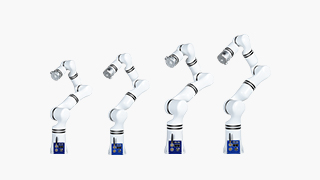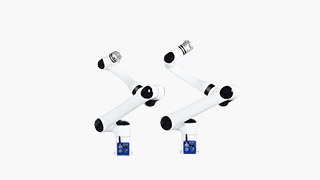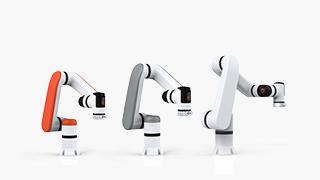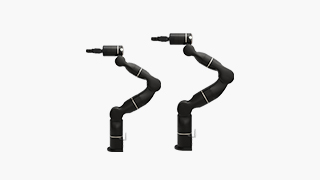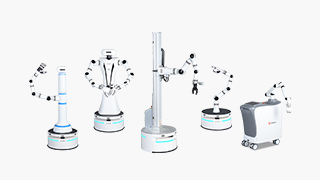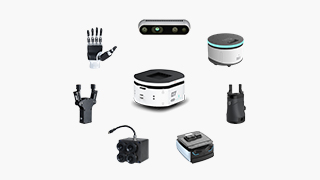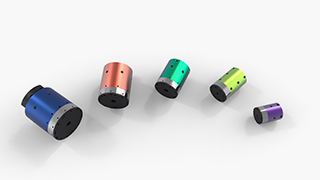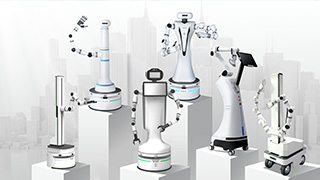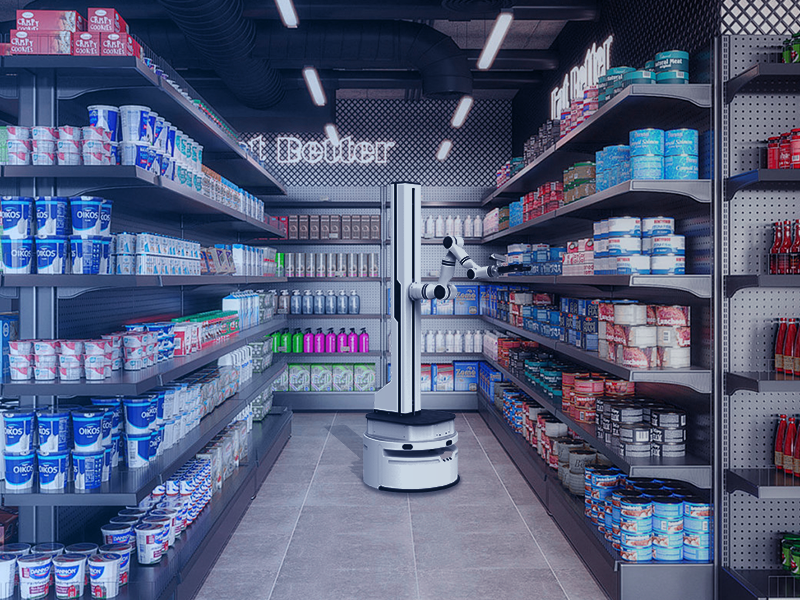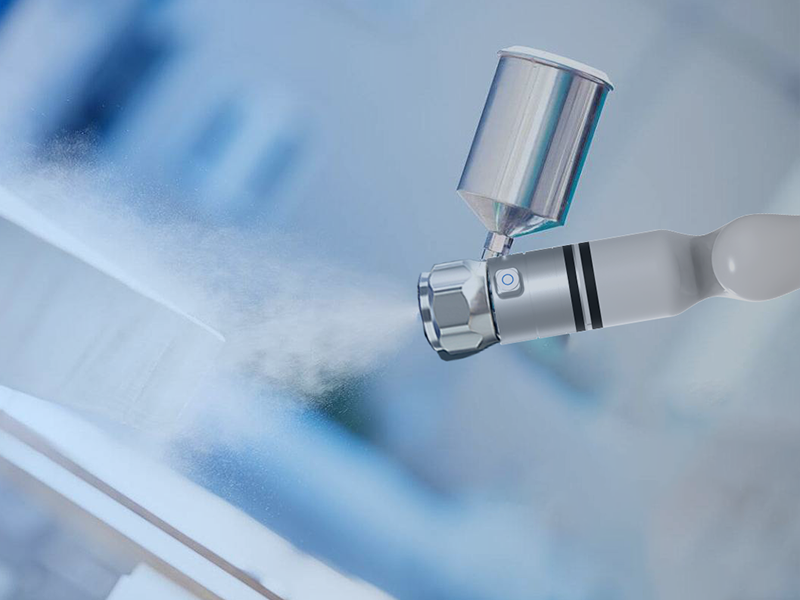I. Project Background
With the advancement of Industry 4.0, China's manufacturing industry is gradually developing towards intelligence and automation. The ultra - lightweight humanoid robotic arm, as an intelligent device, has broad application prospects. This plan aims to design a product integrating a robotic arm with suction cups to achieve the loading and unloading functions for material handling tasks in automated production lines.
II. Solutions
Design Objectives
(1) The robotic arm is lightweight and has a strong load - bearing capacity to meet the needs of industrial production;
(2) It has a compact structure and a small footprint, facilitating integration into existing production lines;
(3) It is easy to operate and program, meeting the application requirements of different scenarios;
(4) It has the function of loading and unloading with suction cups, adapting to the handling of various materials;
(5) It has good safety and stability.
Mechanical Structure Design
(1) The robotic arm adopts a humanoid design with 7 degrees of freedom, achieving a motion range and flexibility similar to that of the human arm;
(2) Light - alloy materials are used to reduce the weight of the robotic arm and increase the load - bearing capacity;
(3) The joints are driven by servo motors, with high precision and high - response speed;
(4) The end - effector adopts a suction - cup design, and the size of the suction cups can be adjusted according to the shape and size of the materials;
(5) Equipped with safety protection devices to prevent accidental injuries.
Control System Design
(1) The controller is integrated with the robotic arm, and there is no external control cabinet;
(2) The operation interface is simply configured, which is convenient for users to program and debug, and supports graphical programming;
(3) External interfaces are reserved to support communication with other devices (such as vision systems, PLCs, etc.).
Software Design
(1) Develop control software based on the Windows operating system, with a user - friendly graphical interface;
(2) Support teaching - based programming and online programming to meet the requirements of different application scenarios;
(3) Have a trajectory - planning function to achieve stable and efficient movement of the robotic arm;
(4) Support multiple communication protocols for easy integration with other devices.
Loading and Unloading Process Design
(1) Loading: The robotic arm moves the suction cups to the material placement position according to the program settings, sucks the materials, and then transports them to the designated station;
(2) Unloading: The robotic arm transports the finished products from the station to the suction cups and places them at the designated position;
(3) Have a material recognition function to ensure the accuracy of loading and unloading.
III. Project Implementation
· Conduct the development of control system software and hardware to achieve the motion control and functional integration of the robotic arm;
· Debug the robotic arm to ensure that all performance indicators meet the design requirements;
· Conduct on - site installation and debugging to complete the integration with the production line;
· Train operators to ensure the normal operation of the equipment.
IV. Project Benefits
· Increase production efficiency and reduce labor costs;
· Improve the automation level of the production line and reduce human errors;
· Save space and reduce the footprint of equipment;
· Be easy to maintain and expand to meet the changing production requirements.


